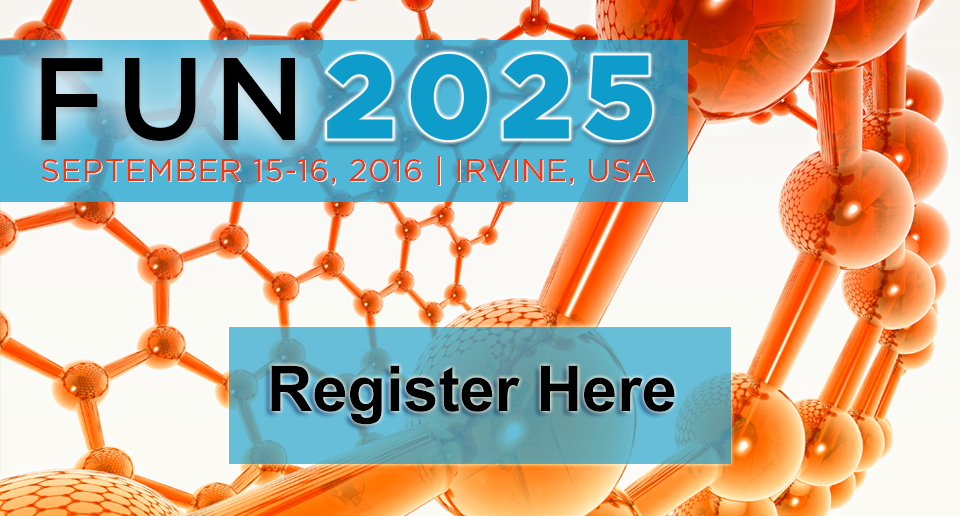Functional and Nanomaterials 2025
University of California, Irvine (UCI) and Tel Aviv University (TAU) are proud to initiate the 5th annual UCI/TAU workshop, dedicated this year to functional materials and nanomaterials. The workshop seeks to present and discuss issues involved in the higher education of engineers and scientists, and how materials technologies will transform innovation in the coming decade.
By 2025, we envision nanotechnology and advanced functional materials as having a profound impact on every person on earth. Progress in nanotechnology inevitably will make a remarkable impact on our ability to store and convert energy, utilize natural resources and pioneer advancements in biotechnology, manufacturing and medicine. Ultimately, the characterization and synthesis of functional and nanomaterials will be the tools that bring a higher quality of life to people in developed and under-developed nations alike.
This fifth international meeting will host scientists, industrialists and entrepreneurs to exchange expert insights on issues related to the meeting’s theme, while exposing participants to state-of-the-art research in the field. It will strengthen existing collaborations and enable new international research partnerships on bi-national and multi-national levels. The conference specifically will focus on: Energy and Sustainability, Electronic Materials and 3-D Printing, and Advanced Materials and Characterization. There also will be an Industry Leadership Panel to lead the discussion on disruptive technologies.
Last but not least is the question, “Why UCI and TAU?” The answer is simple: both universities excel in science and technology education, possess expert resources in all fields and promote strong interdepartmental interaction. UCI enjoys the Southern California economic climate and neighborhood, and has a long tradition focused on cutting-edge technology. TAU is a much younger institute; nevertheless, it has educated a large number of scientists and engineers with an excellent STEM education system, giving Israel a reputation as the “startup nation.” Both institutes believe that the mission of the faculty and staff is to lecture, teach and educate the best possible scientists and engineers, while imbuing them with common sense and social responsibility.





